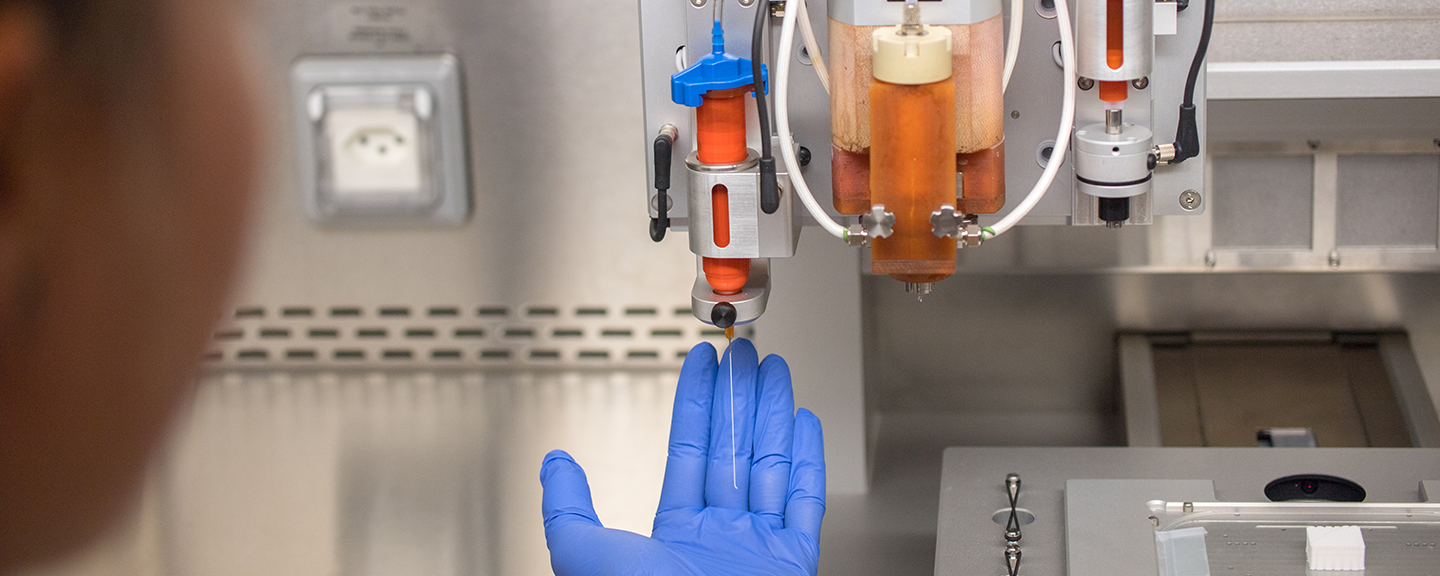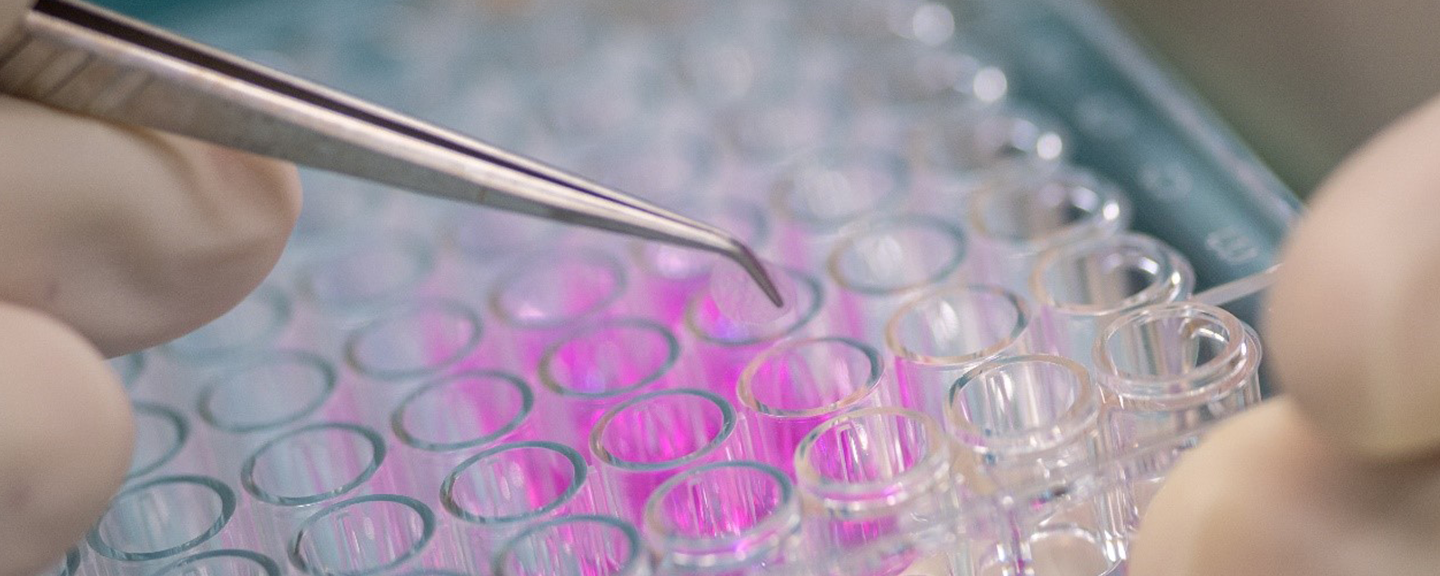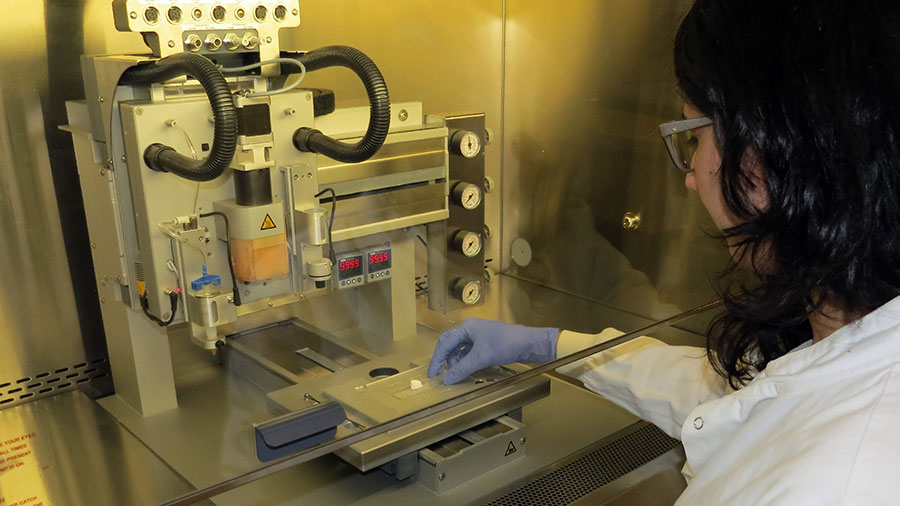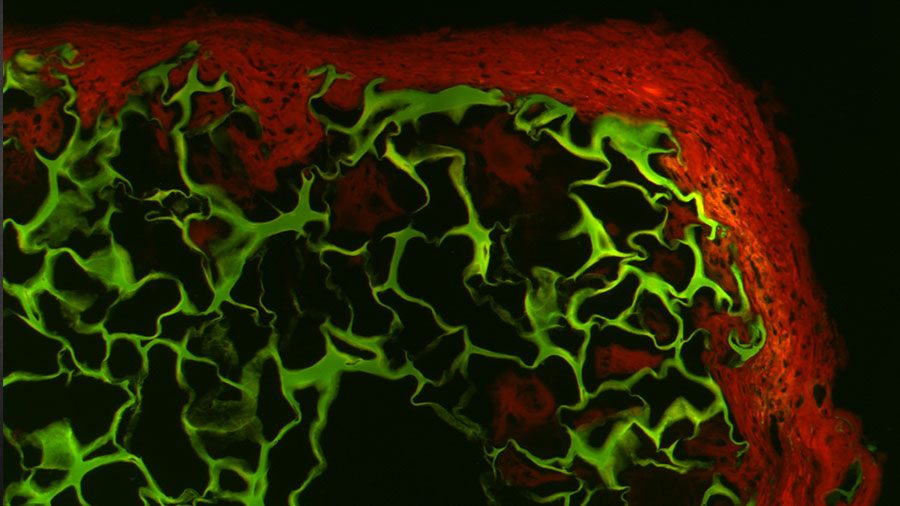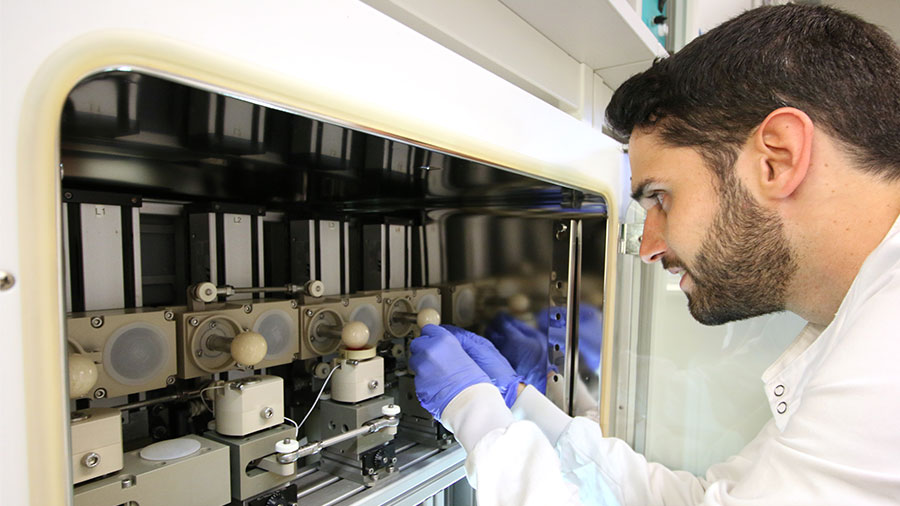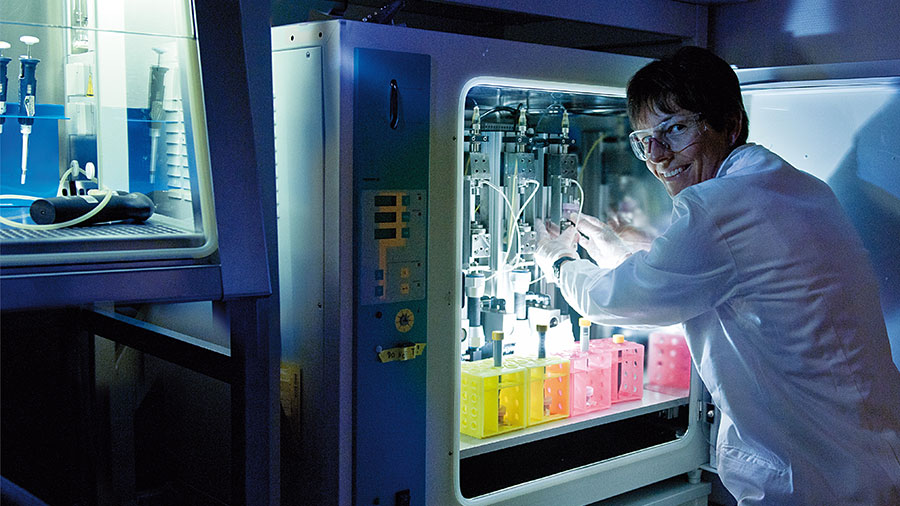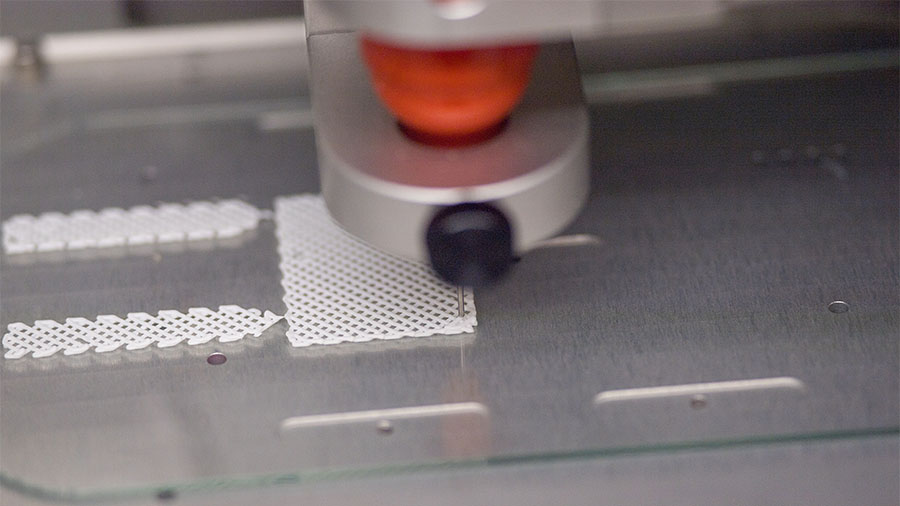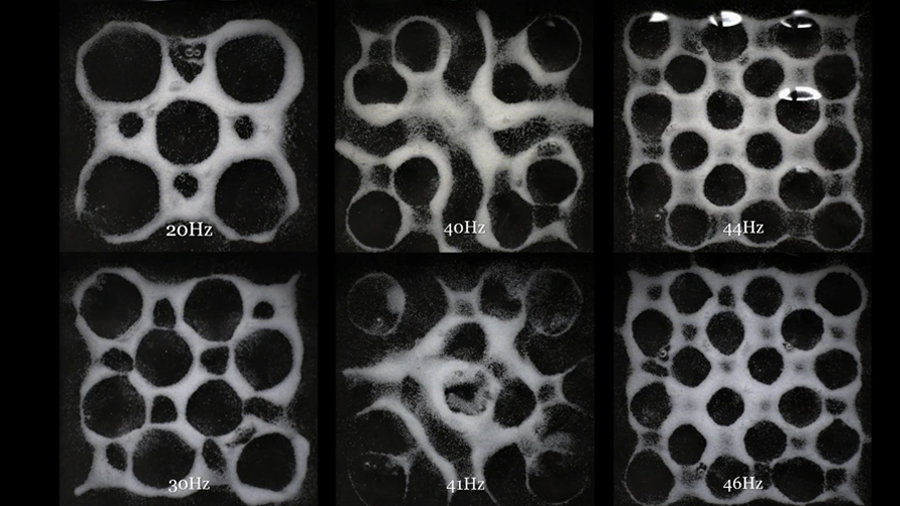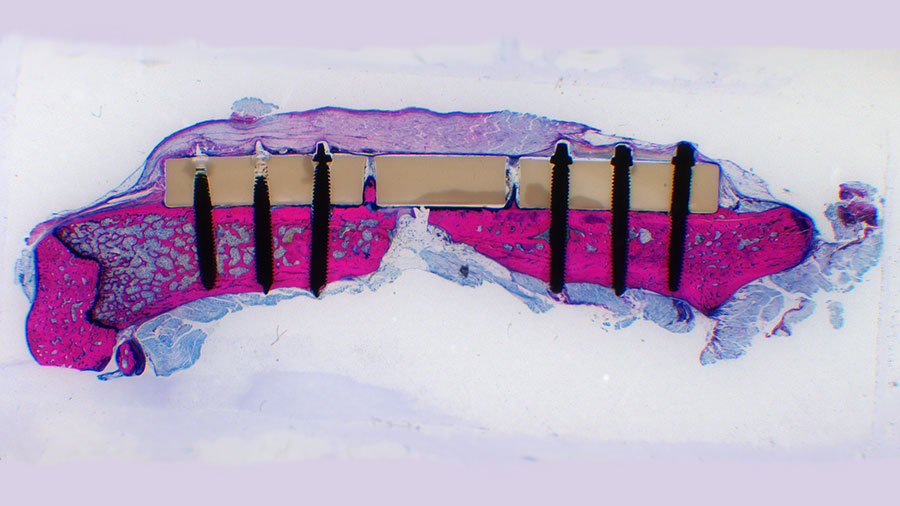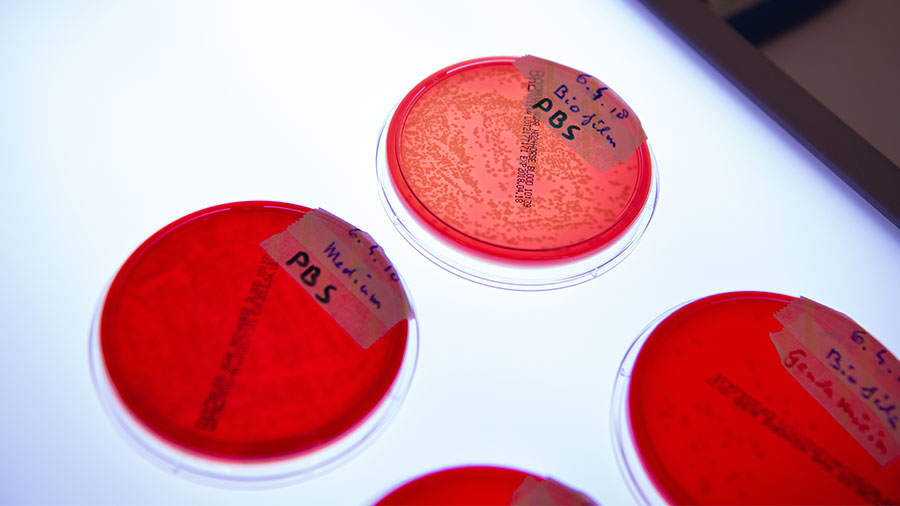Regenerative Orthopaedics
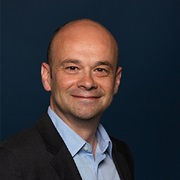
Prof Martin Stoddart
Program Leader
Focus Area Leader:
Progenitor Cell Biology and Mechanoregulation
The Regenerative Orthopaedics program is a multidisciplinary team taking a holistic approach to regenerative medicine for the repair of musculoskeletal traumatic injuries and degeneration.
The program comprises of six Focus Areas, each with their own specialty that complements the other groups. We combine specialist knowledge in cell and molecular biology, microbiology, polymer chemistry, and bioengineering to investigate cell-material interactions both in vitro, ex vivo, and in vivo. In vitro studies focus on the optimal culture conditions for primary differentiated cells (such as osteoblast and nucleus pulposus cells) and stem cells. To enable the repair of larger defects we develop novel materials for both cell, drug and antibiotic delivery, with patient specific implants made possible by way of 3D printing. We also study the detection and treatment of orthopaedic infections using clinically relevant preclinical models. We are highly experienced in the development of ex vivo organ models and complex bioreactor systems that are used to apply physiological load and reduce the number of animal studies required in accordance with 3R principles. In vivo studies are then used to validate the results obtained and assess translational potential. Due to the clinical nature of our work, and the use of human tissue, we are increasingly focused on the use of biomarkers to predict outcomes on both the cellular and patient level, with the aim of bringing personalized medicine into orthopaedics.
Our goals are
- To develop novel molecular and cell-based therapies for musculoskeletal tissues
- To establish patient specific biomarker profiles for personalized treatment of trauma/orthopedic patients
- To develop clinically relevant biomaterials and manufacturing technologies for advanced implants and synthetic tissue replacements
- To establish in vitro and ex vivo culture models incorporating environmental factors such as mechanical stimulation to reduce in vivo studies


